Papillon
Showing all 5 results
iHeartDogs is Your #1 Source for Papillon Lover Gifts – Papillon Shirts, Papillon Sweatshirts, Papillon Mugs, Papillon Jewelry, Papillon Memorial Products & More!
Each Purchase Helps Provides Donated Food to Shelter Dogs!
Since 2013, iHeartDogs has supported rescues and shelters through each purchase in our Papillon gifts store. Shop papillon t-shirts for him, papillon shirts for her, papillon mugs, papillon hoodies & sweaters, papillon jewelry, and papillon pet memorial gifts.
In our iHeartDogs Dog Health Supplements store, you’ll find Hip & joint supplements for your papillon, papillon probiotics, CBD for papillons, papillon allergy supplements & fish oil, and papillon dental chews & cleaners.
With the cost of veterinarian care skyrocketing, make sure you compare pet insurance plans for your papillon. In recent years, many new pet insurance companies have entered the market and pet insurance for your papillon has become more affordable.
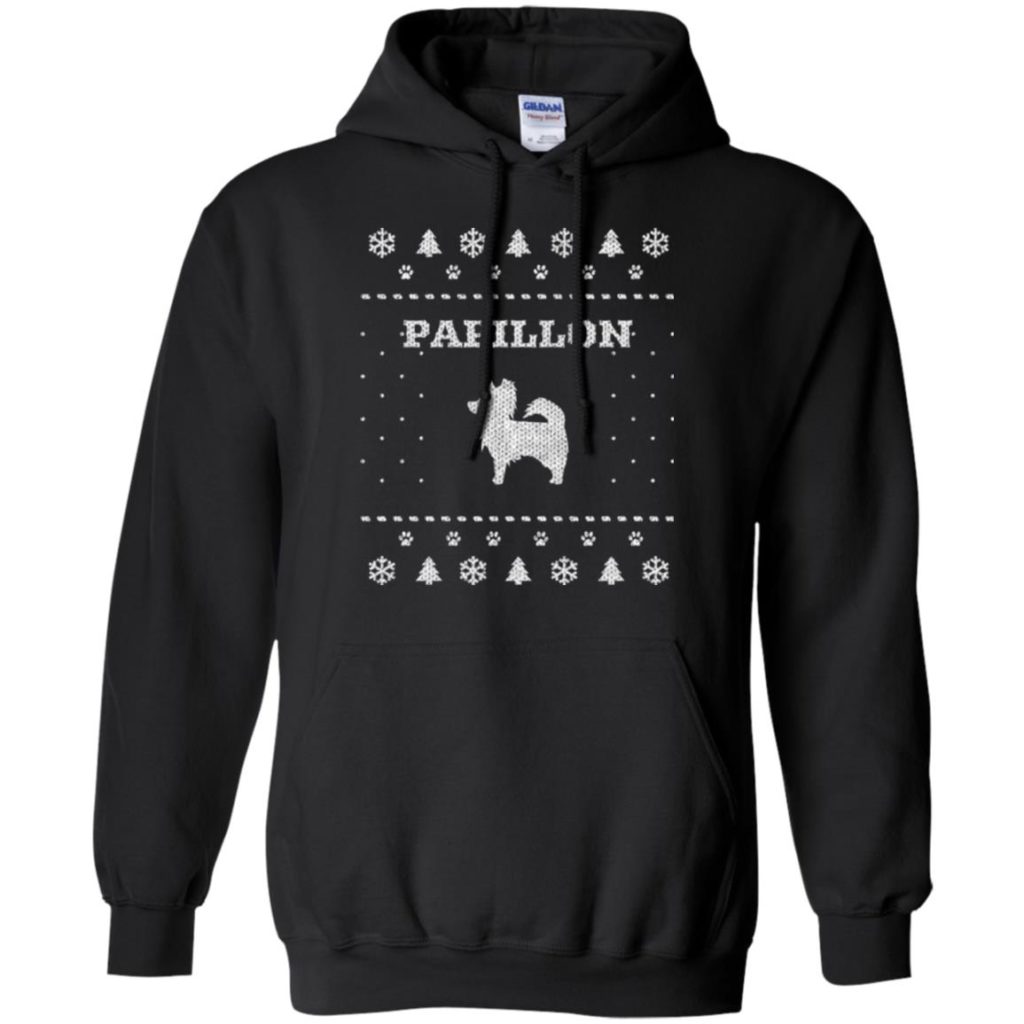

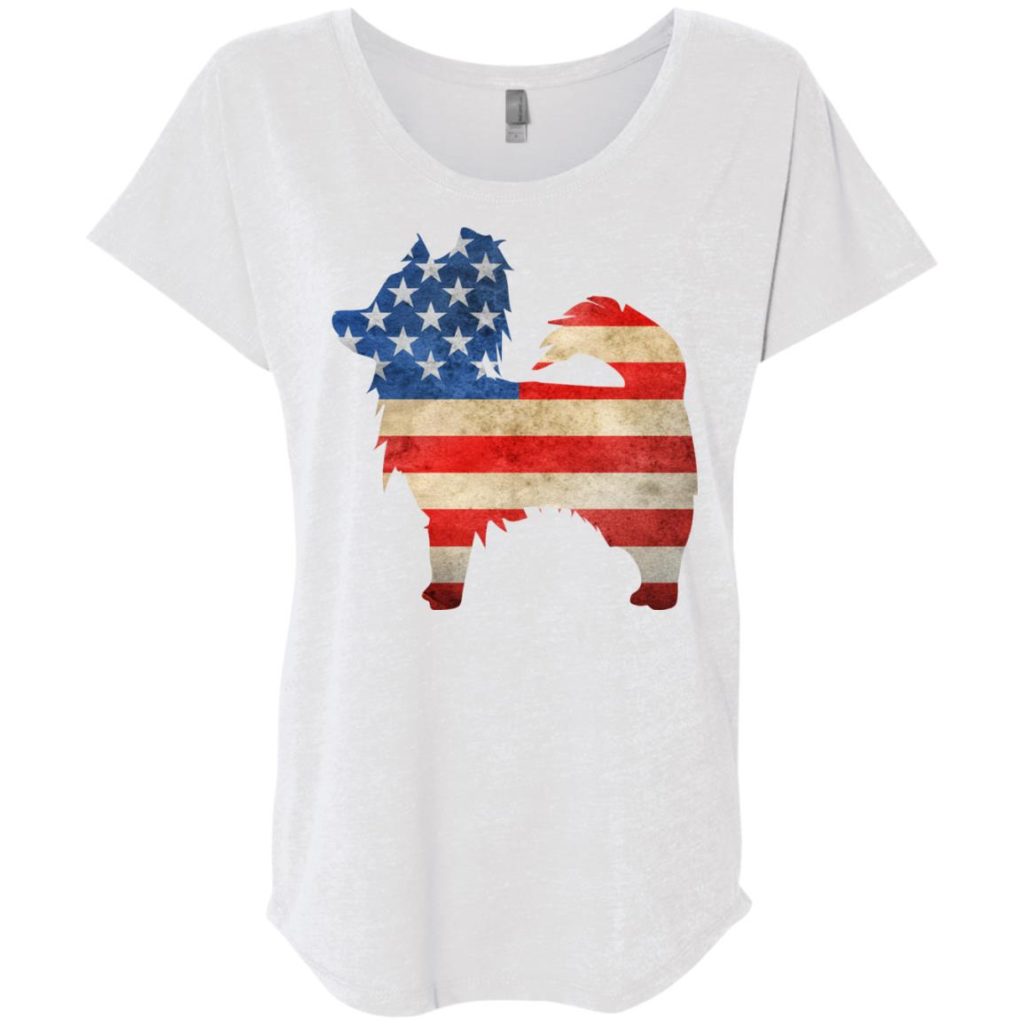

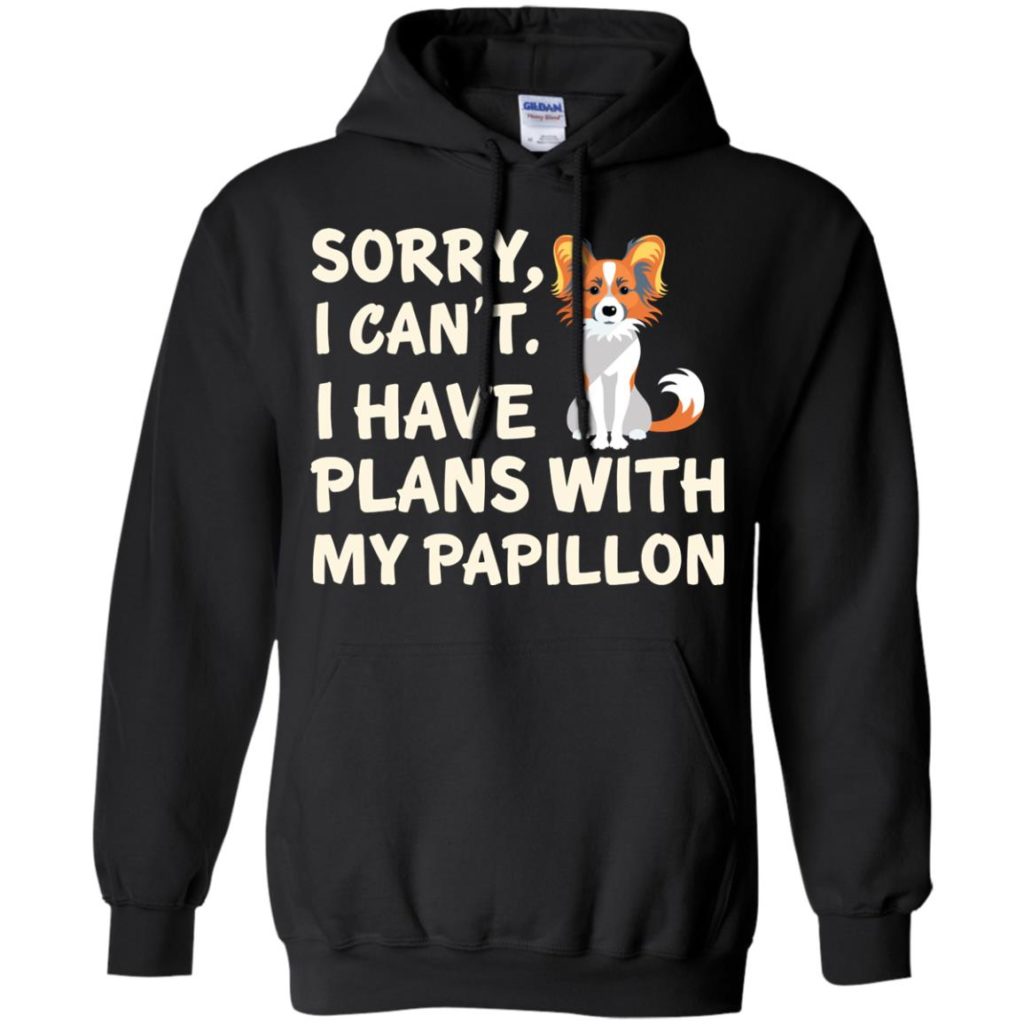

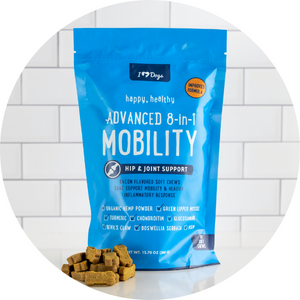

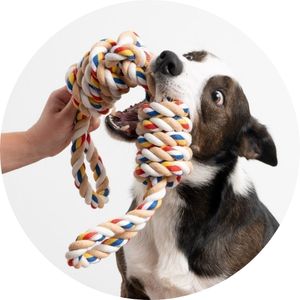

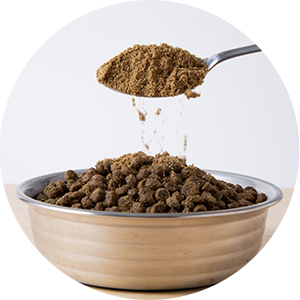



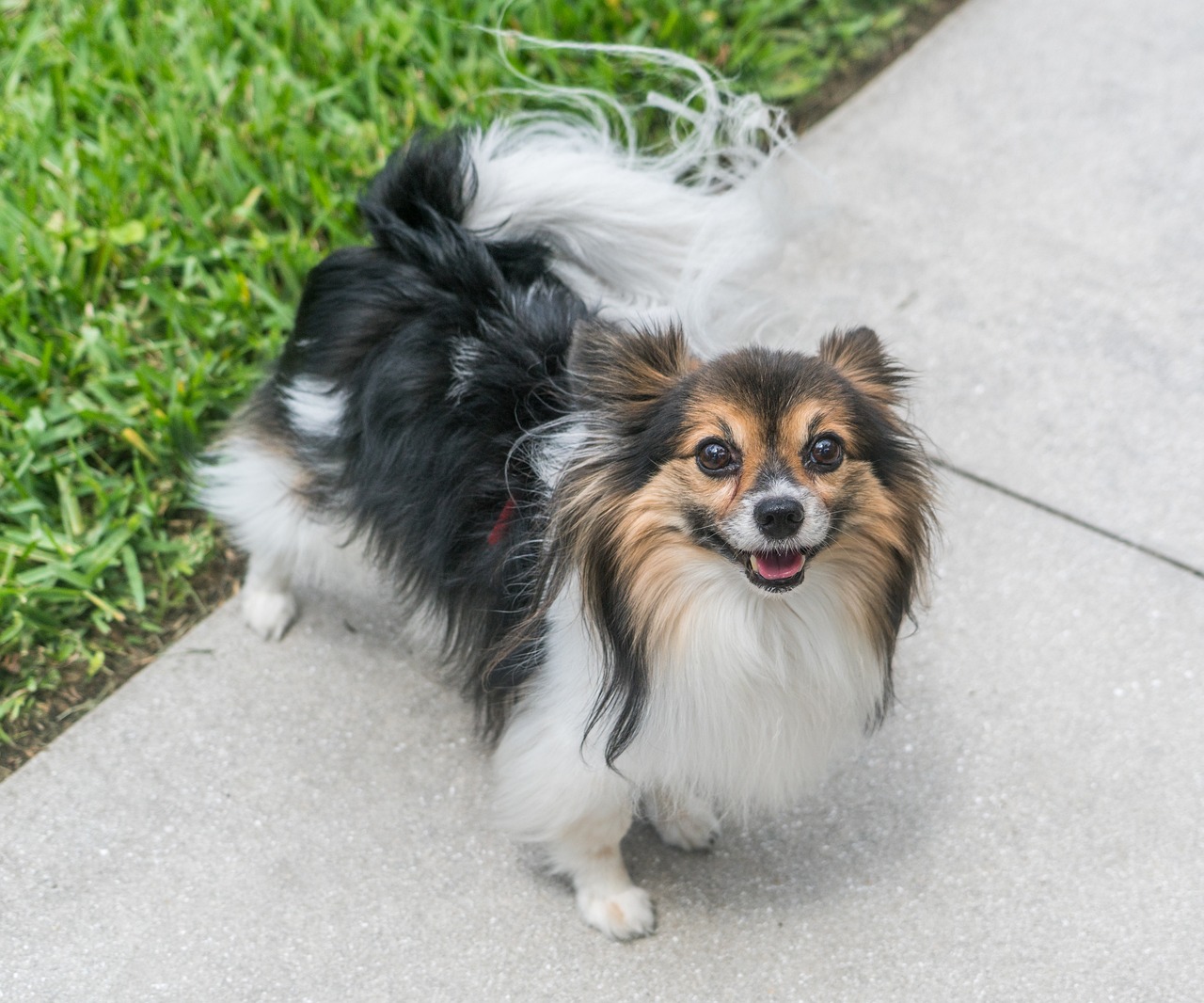
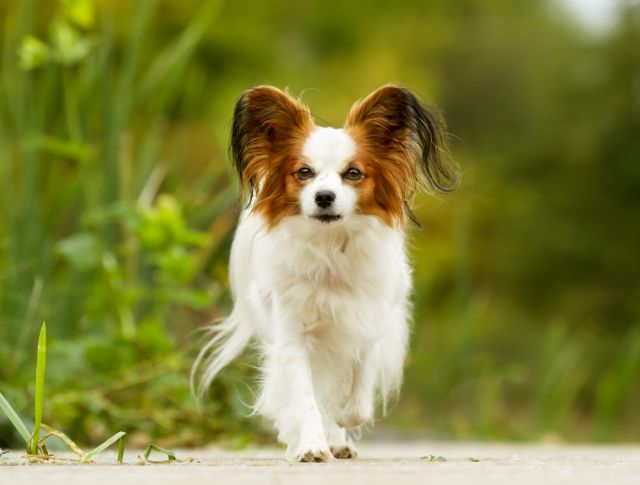
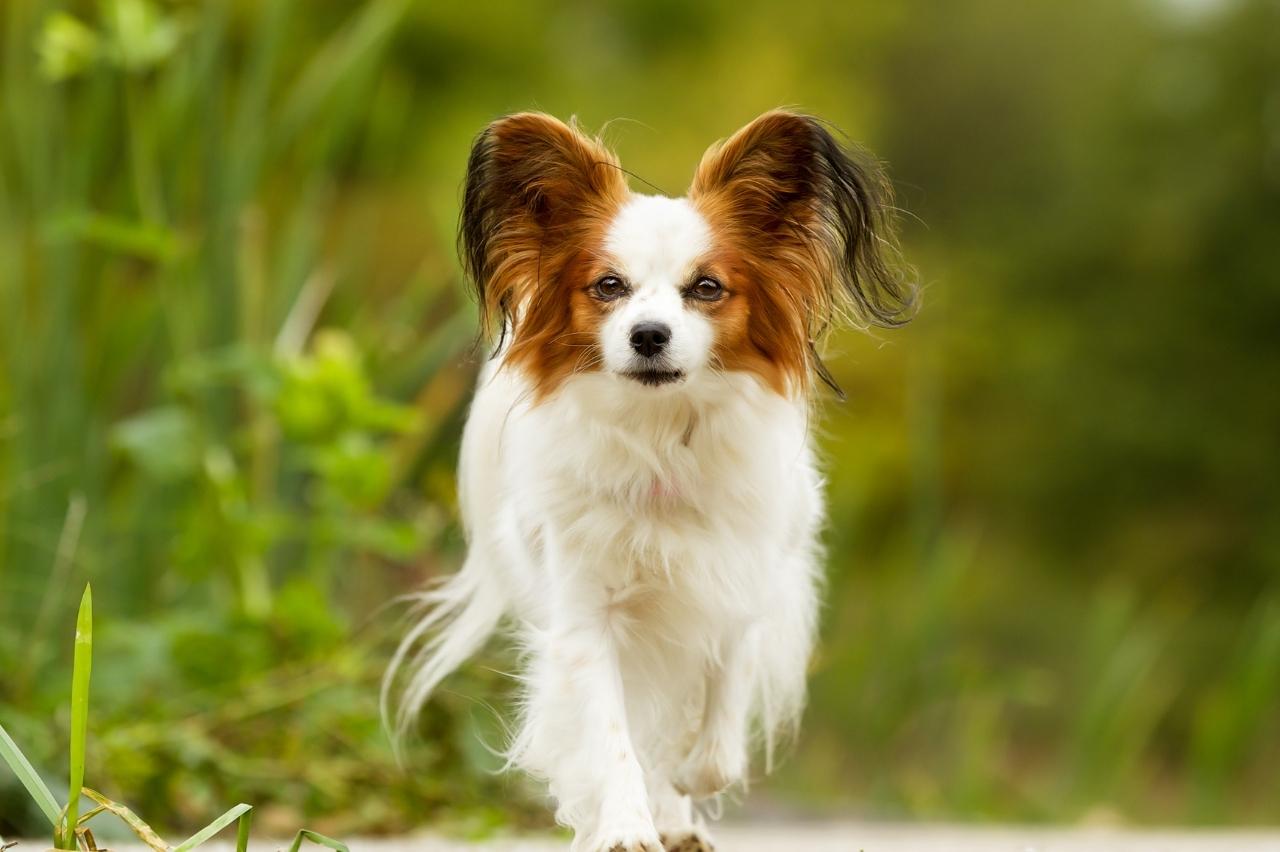


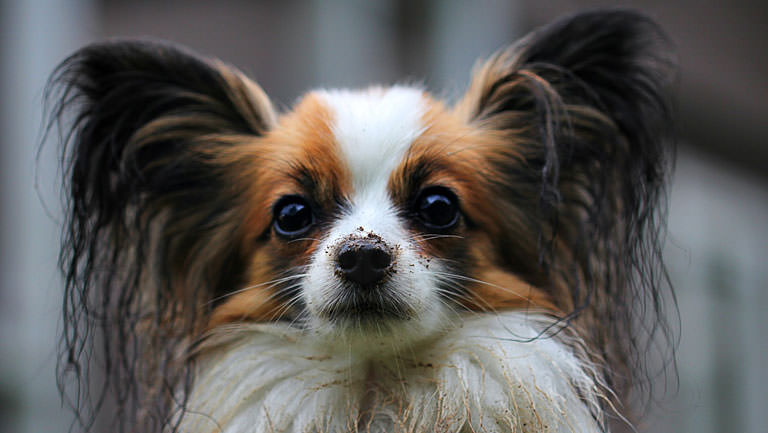
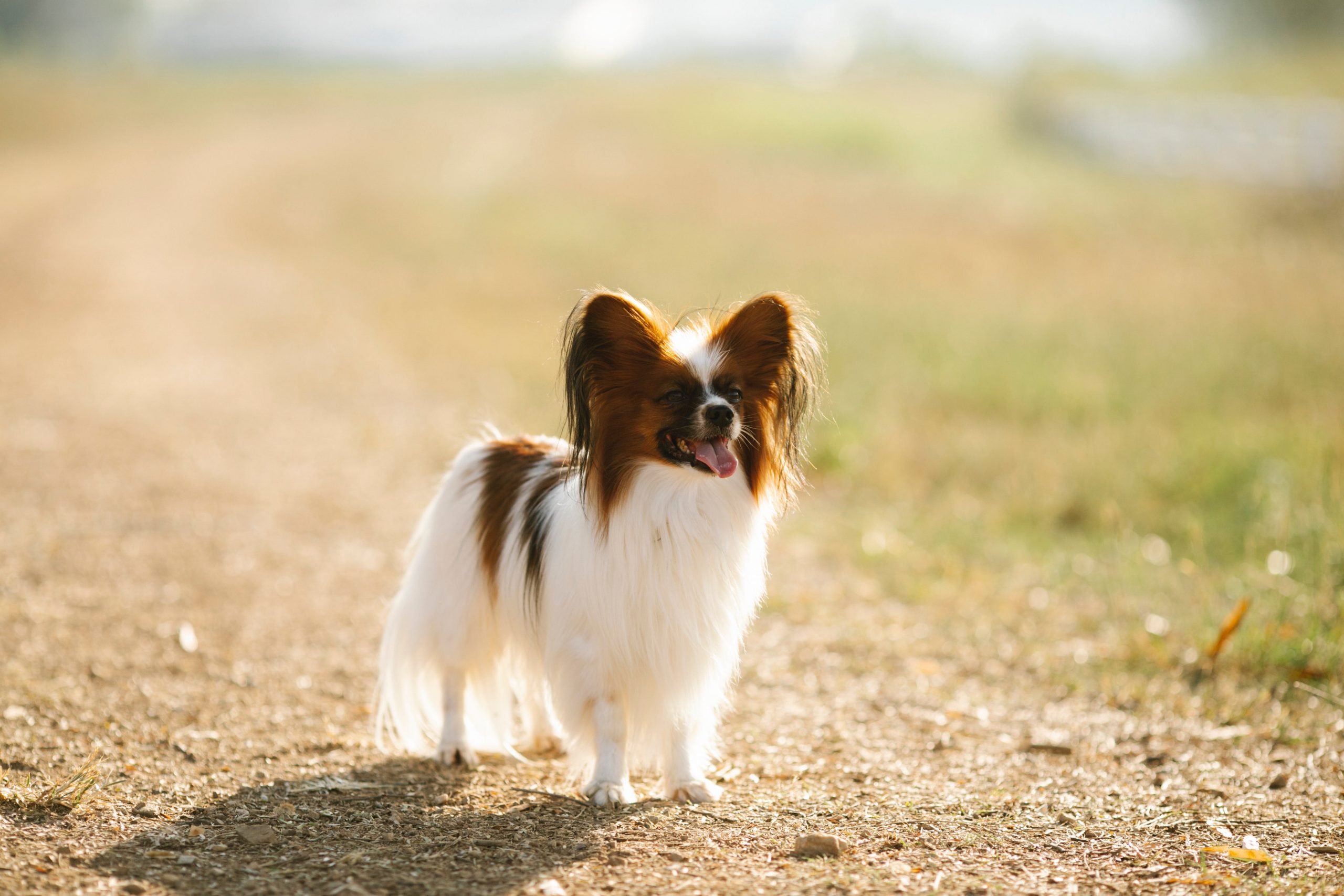
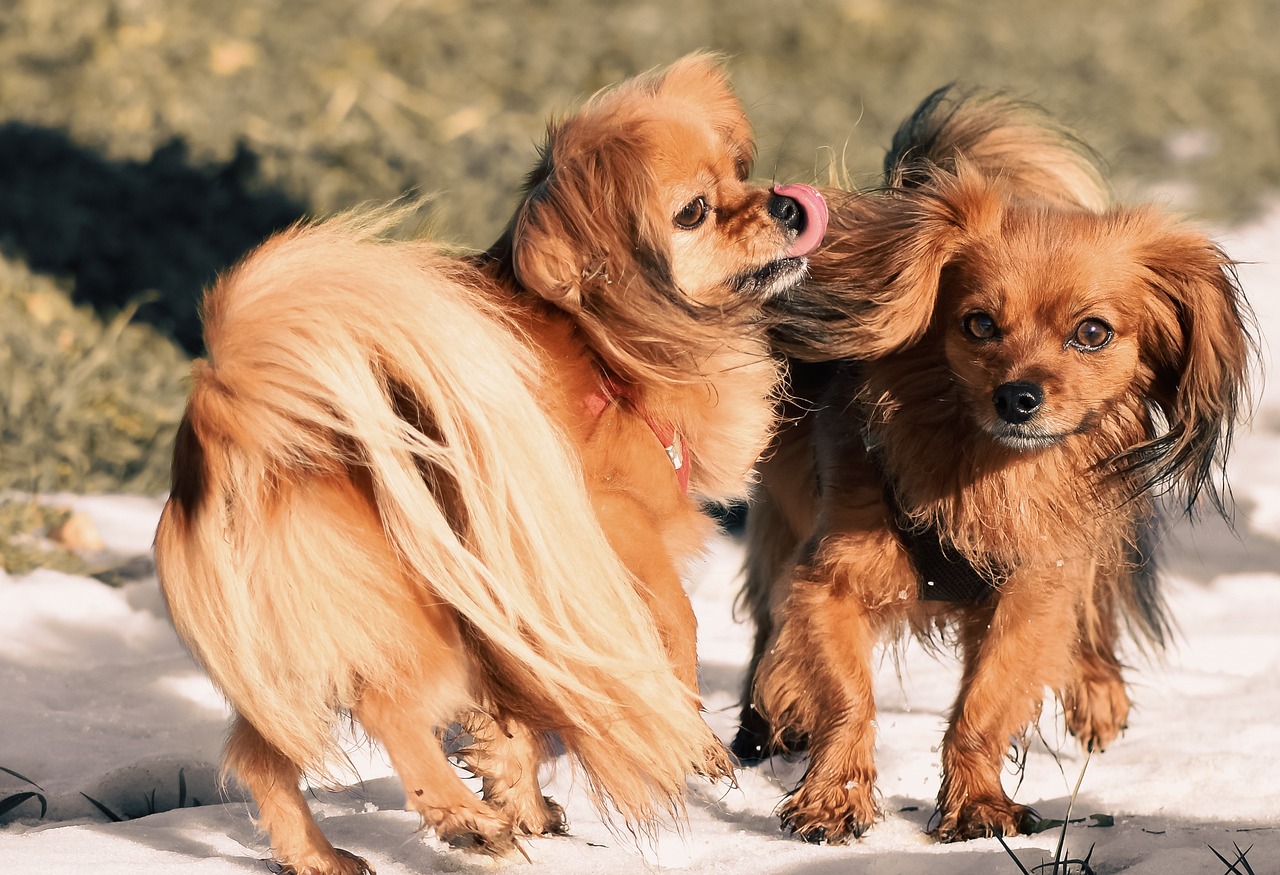
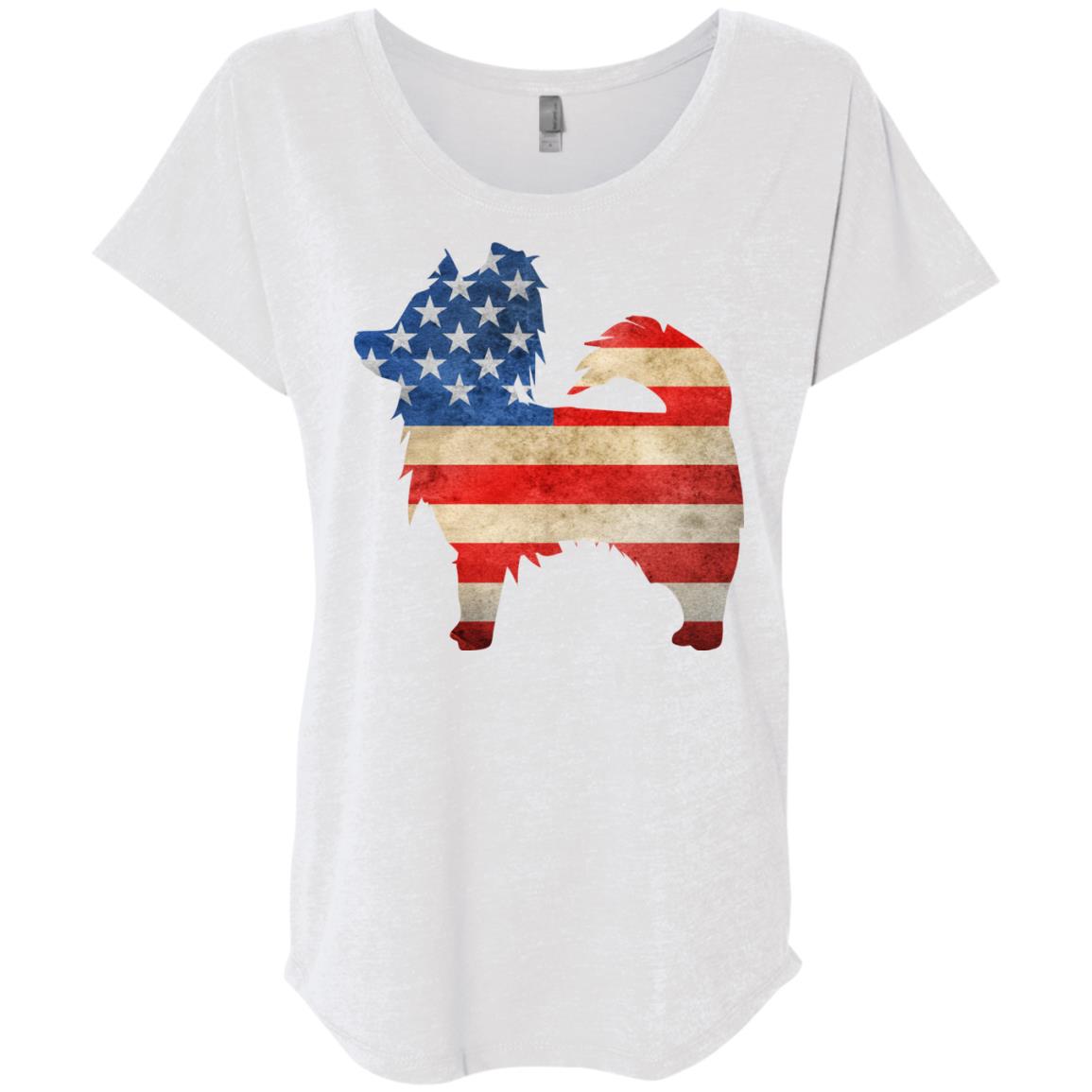


 Toledo, United States.
Toledo, United States.